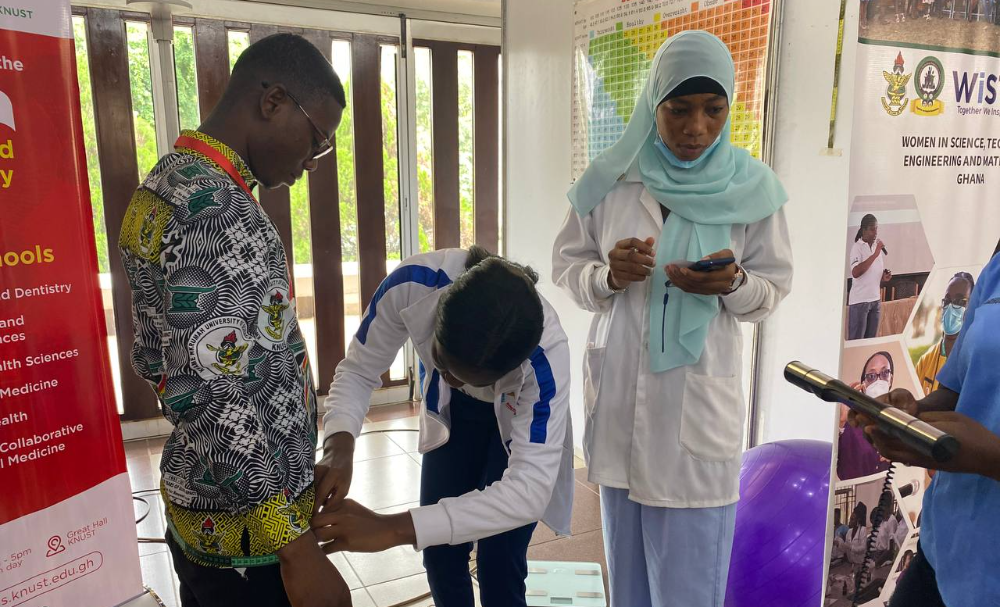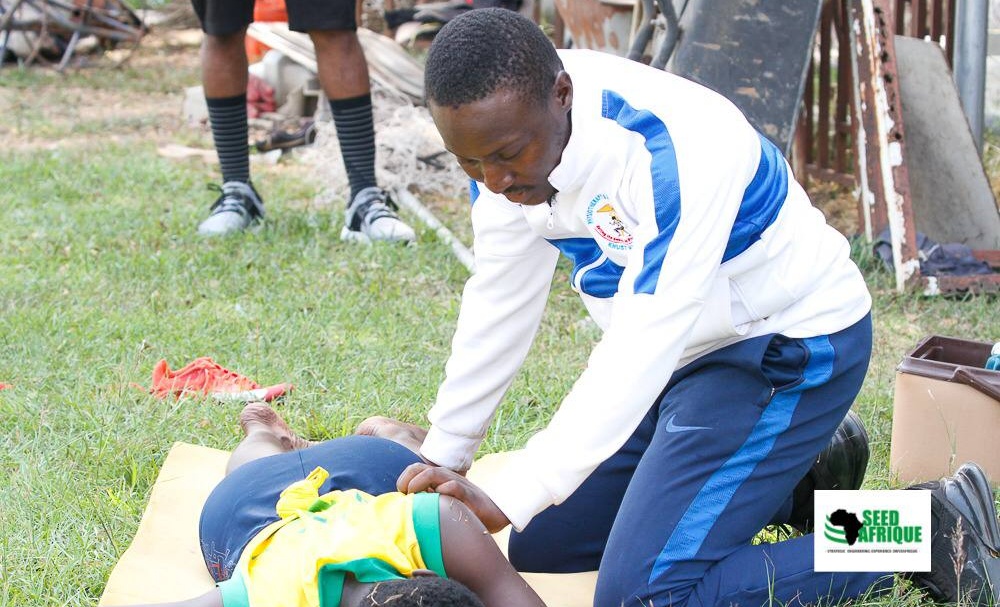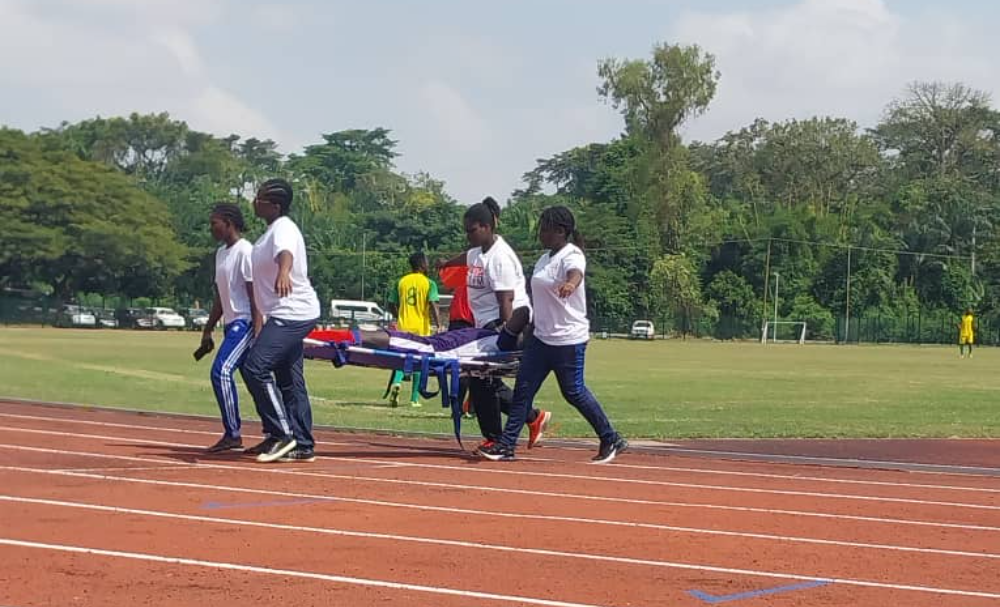The Department of Physiotherapy and Sports Science at the Kwame Nkrumah University of Science and Technology (KNUST) is at the forefront of health and performance education, thanks to its innovative Bachelor of Science in Exercise and Sports Therapy (EST) programme.
According to Professor Monday Omoniyi Moses Head of Department, the programme is designed to produce highly skilled professionals for both the sports and healthcare sectors.
“Our BSc Exercise and Sports Therapy programme blends the scientific understanding of human movement with essential healthcare principles,” said Prof. Moses. “It’s about preparing students to prevent injuries and support athletes and active individuals of all ages in returning to peak performance after injury.”
The EST programme emphasizes practical learning that reflects the demands of the profession. Students gain skills in injury management, assessment, treatment planning, rehabilitation, and performance enhancement.
“We don’t just train our students in theory,” Prof. Moses explained. “They engage in hands-on training that equips them to work confidently in the field, whether it's in sports teams, clinics, or community health settings.”

Prof. Moses also highlighted the department's commitment to developing a strong professional identity among its students.
“From day one, we instil a sense of pride and belonging,” he said. “Our students wear department-branded tracksuits and T-shirts, which not only promote visibility during practical sessions and outreach events but also symbolize their commitment to the field of exercise and sports therapy.”
Graduates of the programme enjoy structured pathways to professional recognition and career advancement. According to Prof. Moses, completing the EST degree comes with substantial opportunities.
“Upon graduation, our students automatically qualify for membership in the Ghana Association of Sports and Exercise Sciences (GHASES),” he noted. “More importantly, the degree meets the standards required for professional licensing through the Allied Health Professions Council (AHPC), which regulates allied health practice in Ghana.”

As KNUST continues to lead in health and sports science education, Prof. Moses remains confident in the programme’s growing relevance.
“The need for professionals who understand both exercise science and therapy is greater than ever,” he said. “We are proud to be training the next generation of healthcare experts who will make a real difference in sports, fitness, and beyond.”


















